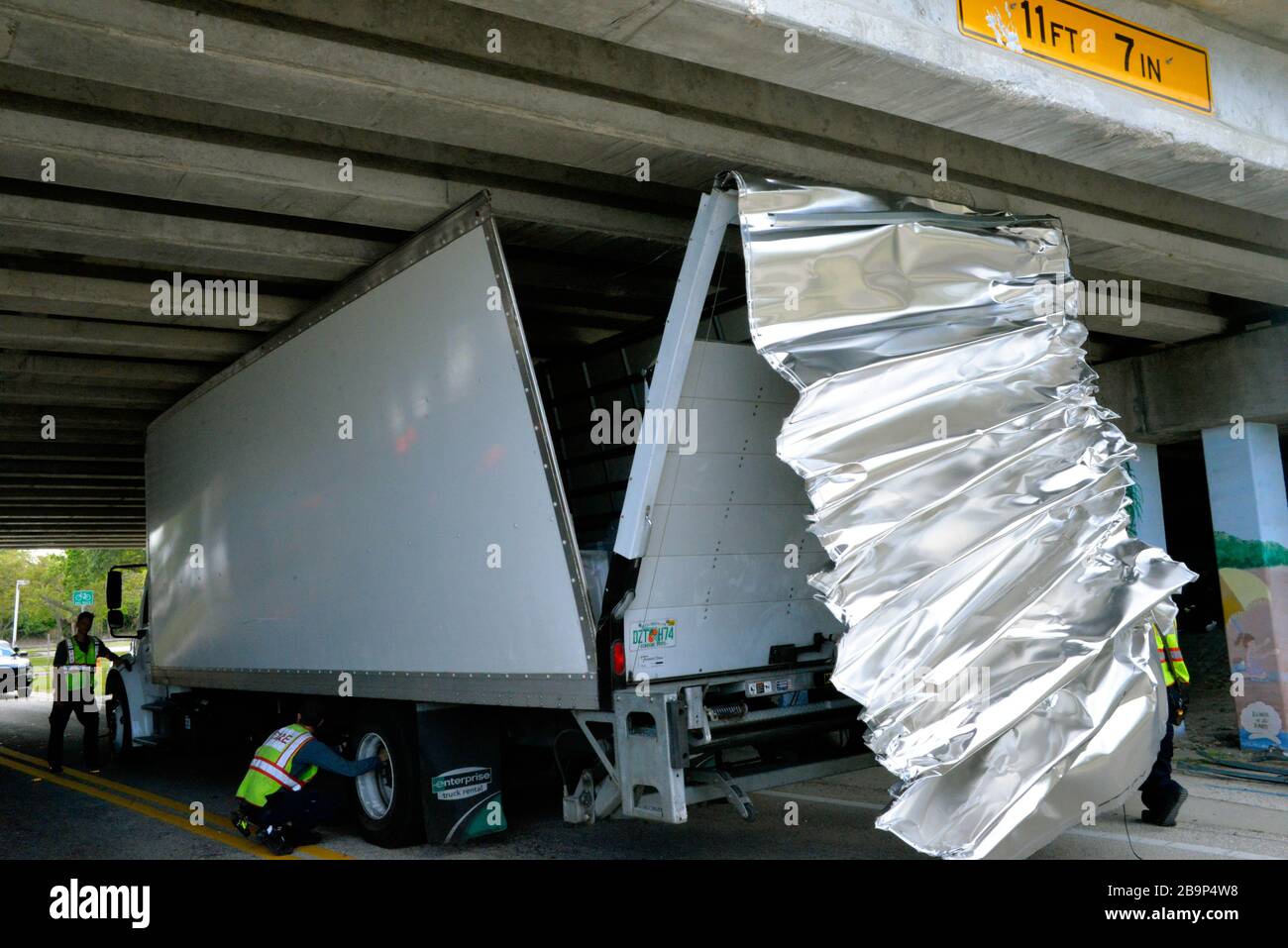Most of their customers understand COVID and would not know a PTC if it came and crapped on their face. Only the few rail savvy ones would even vaguely know what PTC is. And I suspect they would not want to publicize too much they took their eye off the eight ball on a critical safety system, So here we are.

When they initially announced the shutdown of service, I was one of the very few who was able to connect it with the PTC issue because I carefully read PTC related publications from the FRA, which carried a tiny footprint, easily missed, that FECR had withdrawn their eATC based PTC certification request, soon followed by an obscure notice in a industry rag far removed from the FRA, from Wabtec saying they were installing I-ETMS for FECR. Nowhere did Brightline appear in any of those. You just had to know enough background to connect things together. Initially, even the FECRS folks did not believe me when I raised awareness about this. It took a good several months before people came to realize what was going on.
Frankly they have absolutely no reason to highlight this at this time, and letting sleeping dogs lay sleeping is probably the best approach. Those who need to know the details, know it, and those who don't, don't.
That is an over simplification. eATC PTC systems work just fine. For example ACSES II works just fine. The problem was interoperability. With the advent of interchange of trains between Tri-Rail and Birghtline it became obvious that continuing to use eATC would become progressively more cost prohibitive for everyone. So they chose to take advantage of the window of opportunity provided by COVID and the expansion of service to Orlando and the fact that the demonstration service to WPB had served its basic purpose already and was bleeding more money every month, to simply shut the old system down ind replace it with one that interoperates seamlessly with Tri-Rail and incidentally other freight operators north of JAX, thus allowing run through powers too. I consider it to be a clever use of circumstances to reduce long term cost of operation with minimal impact that was unavoidable in the circumstances.






















































